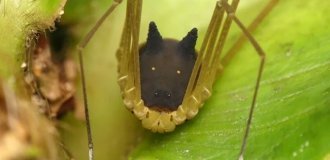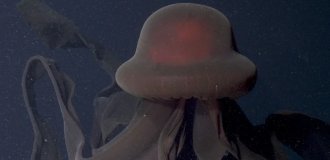Microplastics in the body of the largest mammals: about 10 million of these particles enter the digestive system of blue whales daily (7 photos)
Stanford researchers found that each giant daily swallows a huge amount of the smallest plastic particles. The sample included humpback, blue and fin whales, a species from the family striped. Scientists have measured the level of microplastics off the Californian coast with characteristic food whales in places. The observation was carried out from 2010 to 2019. 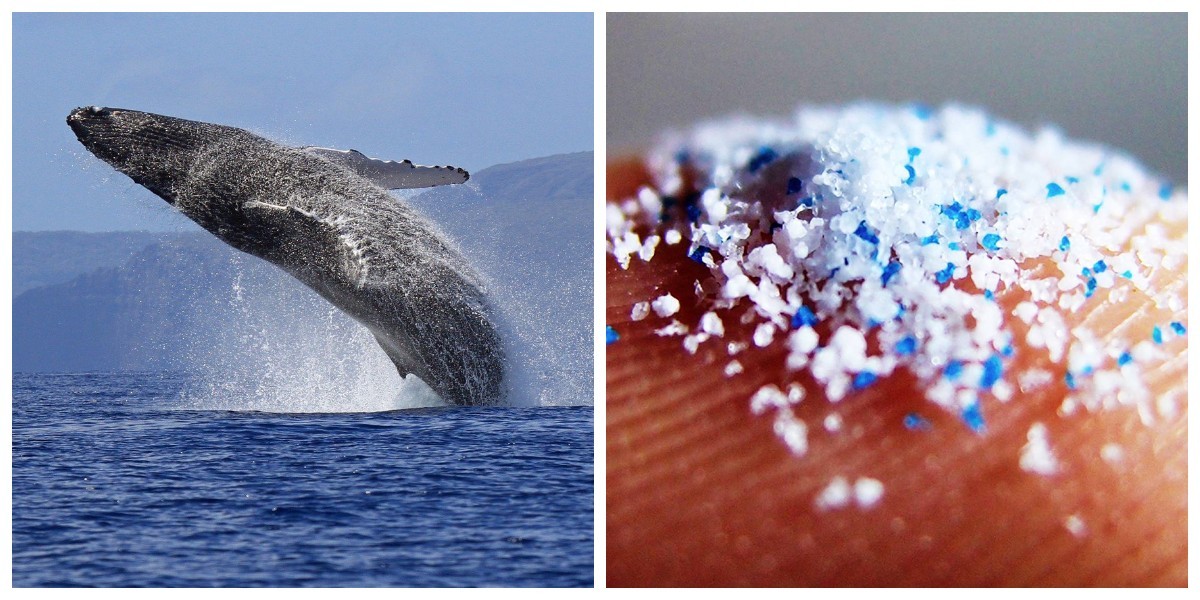
During the study, it was found that animals eat at depth from 50 to 250 meters. Namely, in this interval the main amount of plastic waste. The main component of the diet of the blue whale is plankton. And with it, the giants swallow a huge amount plastic pieces. 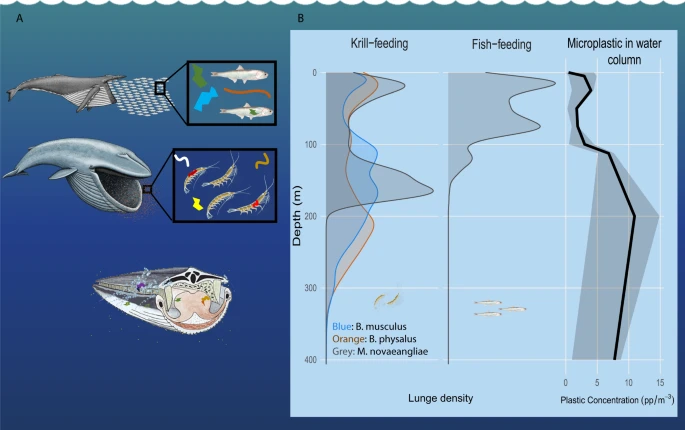
Humpback whales eat mainly fish - herring and anchovies. The amount of garbage they absorb is lower, on average 200 thousand fragments per day. Fin whales eat both plant and animal food. And for their figures range from 3 to 10 million. Inhabitants of more polluted territories, for example, the Mediterranean, apparently use more plastic waste. 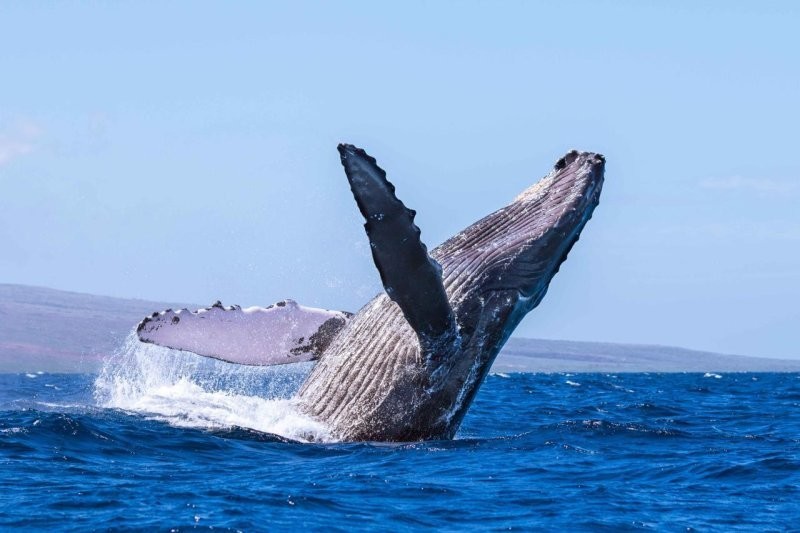
Gorbach
Almost all of the plastic whales get from food, not water. filtered during the search for plankton and fish. That is actually trash. replaces a significant part of the food, as a result of which the whales receive less a certain part of the food necessary for the full growth, development, sustaining life. 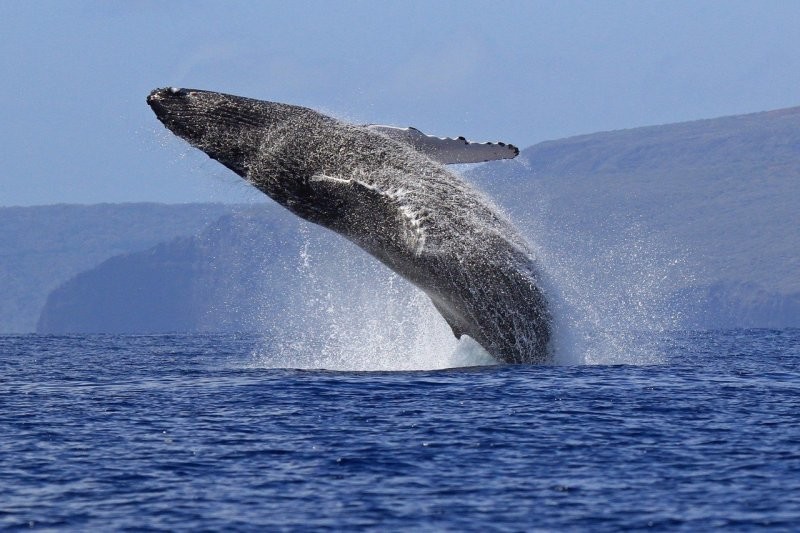
Blue whale
Whales are not the only ones in nature who are forced to eat plastic. Data have now been recorded for 1000 species. And this number is not final. 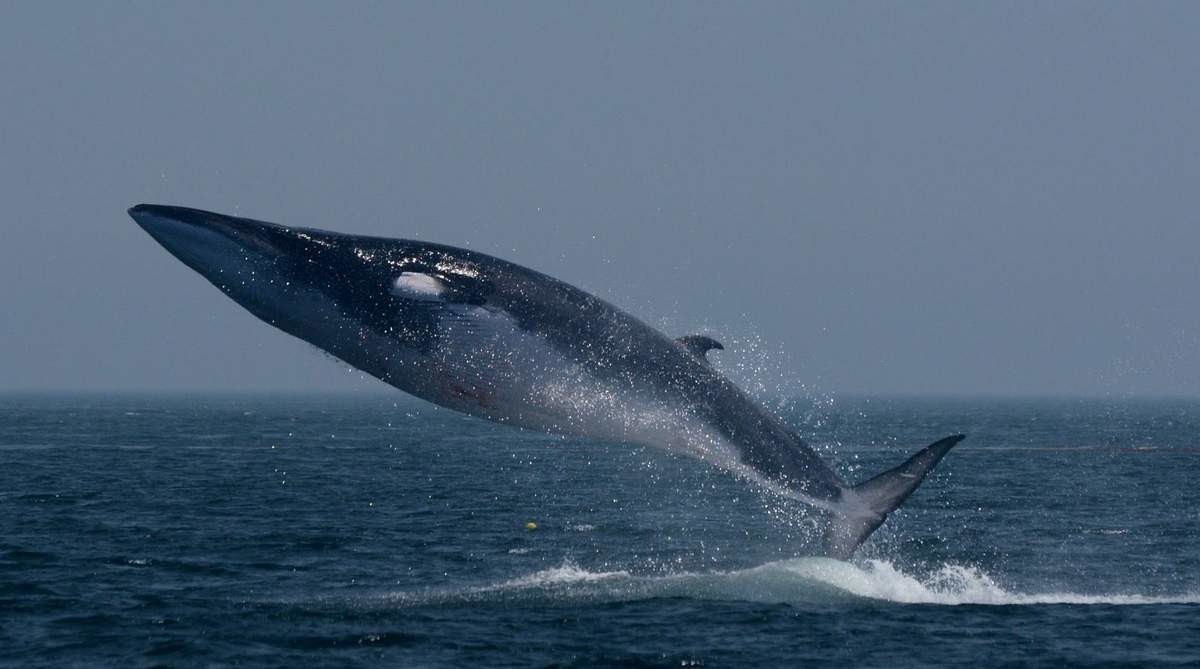
fin whale
The main problem is that, due to their huge size whales need a lot of food. For this they large volumes of water have to be filtered. And ocean dwellers act as an indicator of the level of water pollution. Until full no list of microplastic threats to whales has been identified. But large fragments can scratch the mucosa of the gastrointestinal tract. Researchers are not exclude the possibility of microplastics entering the circulatory system.
The results of the observation clearly demonstrate that microplastics has a chemical and physiological effect on whales and other large natural filter feeders. 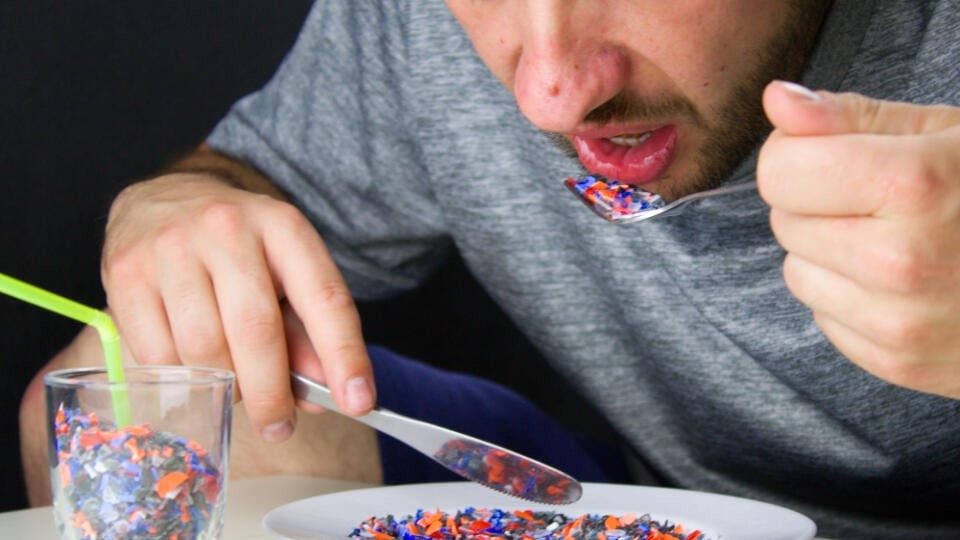
As for people, the scientists from Newcastle, on the basis of results of about 50 studies have concluded that a person in on average absorbs with food and water about 5 grams of microplastics per week. In a month it is a little more than 20 grams. That is rude the average inhabitant of the planet every month "eats" plastic bank card. Values vary by country, but in general this is a dangerous trend. After all, 20 grams can pretty quickly transform into 100 and even more. And this is the probability of disease and a threat to life. 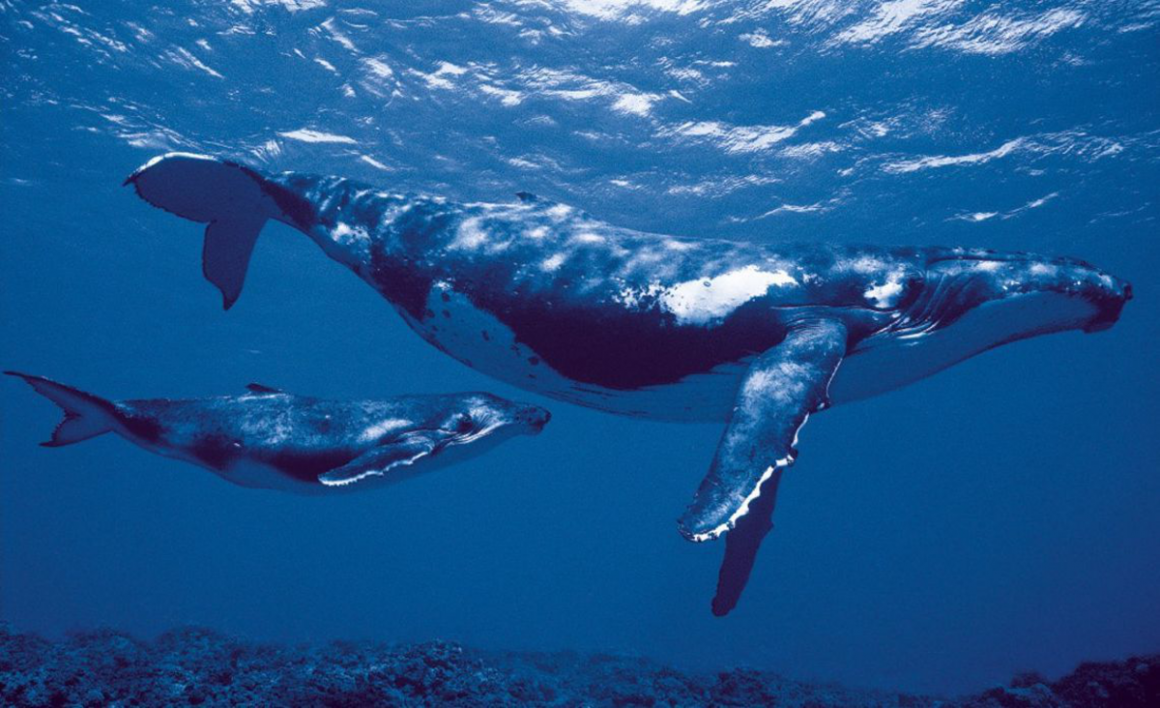
What to do? Start with yourself, because plastic garbage in reservoirs dump and vacationers, and entire businesses. And he represents a danger to every inhabitant of the planet who deserves a clean environment, from humans to whales.

